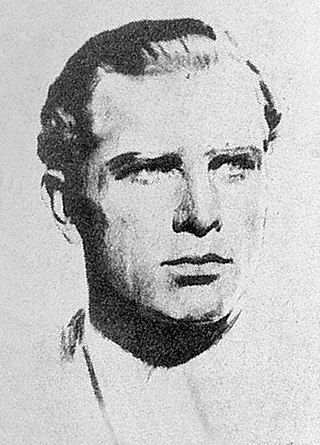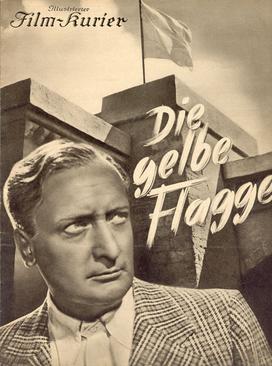Related Research Articles

Assistens Cemetery in Copenhagen, Denmark, is the burial site of many Danish notables as well as an important greenspace in the Nørrebro district. Inaugurated in 1760, it was originally a burial site for the poor laid out to relieve the crowded graveyards inside the walled city, but during the Golden Age in the first half of the 19th century it became fashionable and many leading figures of the epoch, such as Hans Christian Andersen, Søren Kierkegaard, Christoffer Wilhelm Eckersberg, and Christen Købke are all buried here.

Mathieu Carrière is a German stage and screen actor with strong French connections. He has appeared in around 250 films worldwide and in 4000 hours of television. Carrière is also a director and a writer and is known as an advocate for the rights of fathers.

Bernhard Walther was a German merchant, humanist and astronomer based in Nuremberg, Germany.

Marianne Rosenberg is a German Schlager music singer and songwriter.

Jutta Speidel is a German actress.
Thomas Fritsch was a German film, television and dubbing actor and schlager singer. He was regarded as the "Sonnyboy" in the German cinema of the 1960s, and became one of the best-known actors by his presence in television series. Later, he was the German voice of Russell Crowe, of Scar in The Lion King, and of Diego, a Smilodon, in Ice Age.
The Buber-Rosenzweig-Medaille is an annual prize awarded since 1968 by the Deutscher Koordinierungsrat der Gesellschaften für Christlich-Jüdische Zusammenarbeit (DKR; German Coordinating Council of Societies for Christian-Jewish Cooperation) to individuals, initiatives, or institutions, which have actively contributed to Christian–Jewish understanding. Forty-four different societies belong to the DKR. The name of the prize honors the memory of the Austrian-Jewish philosopher, translator, and educator Martin Buber (1878–1965) and the German-Jewish theologian Franz Rosenzweig (1886–1929). In its inaugural year, the prize was granted to both the historian Friedrich Heer and the Protestant theologian Friedrich-Wilhelm Marquardt.
Claus Holm was a German film actor. He appeared in 50 films between 1943 and 1979. He was born in Bochum, Germany and died in Berlin, Germany.

Dietmar Otto Schönherr was an Austrian film actor. He appeared in 120 films between 1944 and 2014. He was famous for playing the role of Major Cliff Allister McLane in the German science fiction series Raumpatrouille. He was born in Innsbruck, Austria. He was married to the Danish actress Vivi Bach from 1965 until her death in 2013. In 2011 he was awarded with the Austrian Cross of Honour for Science and Art, 1st class.

Georg Thomalla was a German actor. He appeared in about one hundred fifty film and television productions between 1939 and 2000 and was widely known in Germany for his comedic roles.

Viktor Staal was an Austrian film actor.
Hellmut Lange was an actor and journalist who became famous as an action hero on TV and eventually succeeded as presenter on popular TV show Kennen Sie Kino? or Do You Know Film?
Events from the year 1826 in Denmark.

Prince Frederick of Schaumburg-Lippe was a German prince and head of the Náchod branch of the princely house of Schaumburg-Lippe.
Werner Fuetterer was a German film actor. He appeared in nearly 100 films between 1925 and 1967.

The Yellow Flag is a 1937 German drama film directed by Gerhard Lamprecht and starring Hans Albers, Olga Tschechowa and Dorothea Wieck. It was shot at the Babelsberg Studios in Berlin. The film's sets were designed by the art director Ludwig Reiber. Location filming took place in Yugoslavia.
References
- ↑ "Various – Rivalen Der Rennbahn (Original Soundtrack Der ZDF-Serie)". discogs.com. Retrieved 26 May 2020.